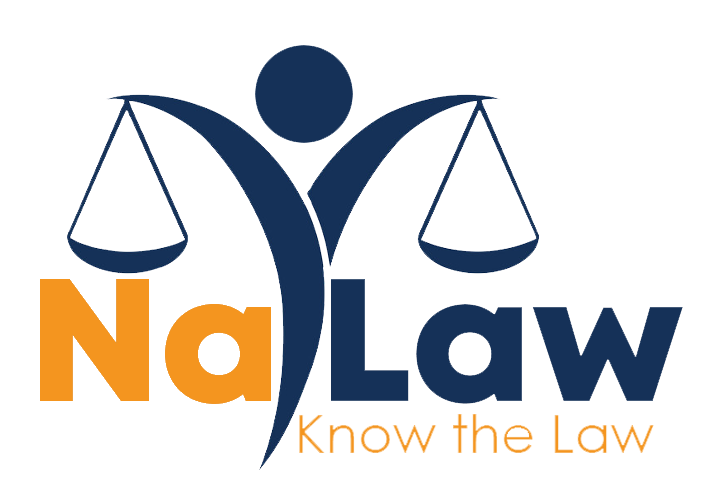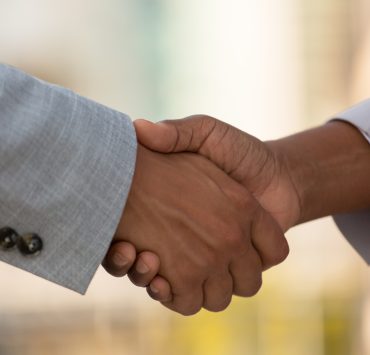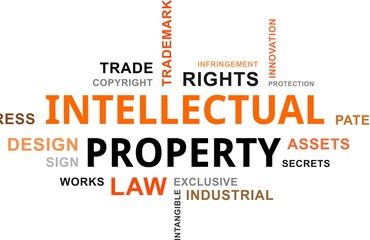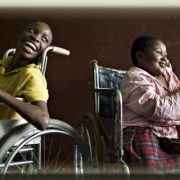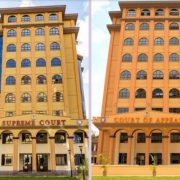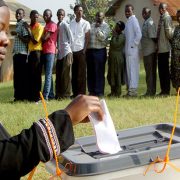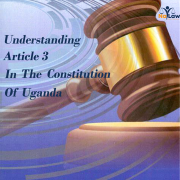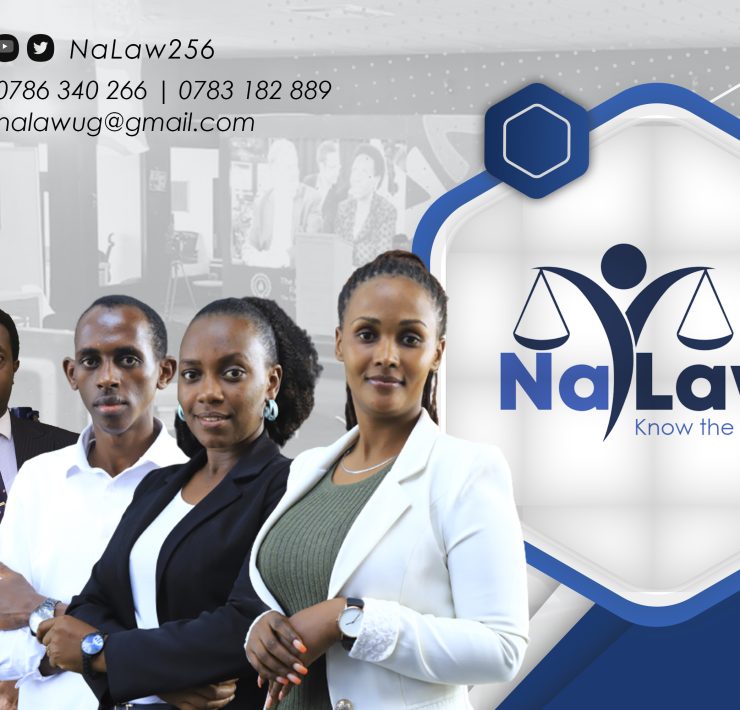BALANCING JUSTICE :THE RIGHTS EVERY ACCUSED PERSON DESERVES.
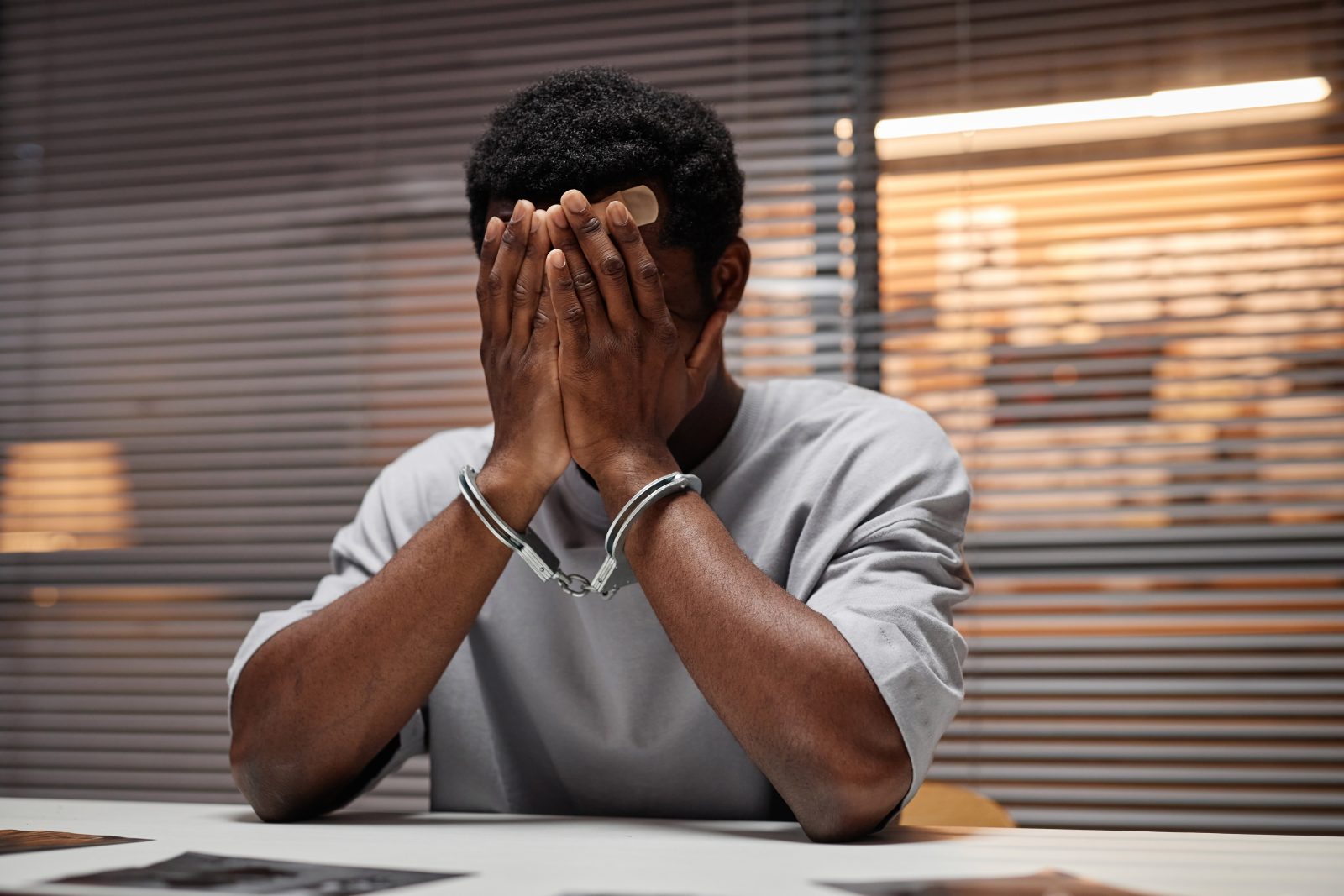
By; Kyomuhendo Ignatius
It is not a rare occurrence amongst ourselves as citizens in my country to sentence the accused persons or those believed to have committed a crime in the court of public opinion even before hearing the full story or both sides of the arguments-the for and those against. It is also true that some of the citizens do not know that the accused have rights for the mere fact that they are accused of doing wrong. The accused persons are usually presumed to be guilty not until they are exonerated by witnesses within communities or the prosecution proves its a case beyond reasonable doubt.
However, it’s very important to note, that even the accused have their rights which should be upheld by all as enshrined in the constitution of Uganda, and for that matter the accused must be treated fairly and their rights observed by all before, during and after trial and these rights include;
Transparency:
Criminals may hold their meetings behind closely guarded doors; a criminal court may not. In camera trials are incompatible with a liberal idea of justice. Some degree of transparency and public scrutiny is vital to ensure that the rule of law is not perverted. The public and the media, while often driven by other other motives, play an important role as watchdogs over the judicial system. They should be granted access to the courtroom and allowed to report freely and critically on the workings of the judicial machinery. Restrictions concerning media access and coverage will sometimes be necessary lest the trial become a spectacle. Their purpose, however, cannot be to shield the judiciary from the critical gaze of outsiders but only to allow the accused a modicum of privacy.
Freedom from Self-Incrimination:
In a fair judicial system no person must be forced to incriminate himself. This principle, which is enshrined in many constitutions and human rights treaties, must be understood broadly. Not only is it not allowed to torture the accused to obtain a confession. Every kind of undue pressure exercised to obtain a statement from an accused person who has expressed his will to remain silent must be deemed illegal. The same holds true of other unacceptable methods (e.g. administering of psychoactive substances) meant to induce the accused to testify against himself. Law enforcement authorities should be obliged to inform the accused of his right to remain silent upon first contact. It furthermore appears desirable that this right be extended to close families of the accused, who should not be forced to choose between their familial and their civic obligations.
Right to a Hearing and Effective Remedy:
Whilst every accused person must enjoy a right to remain silent, some may want to speak out and tell their part of the story. No fair judicial system will ignore this wish to become an autonomous participant in the proceedings. In fact, a criminal case cannot be concluded before the accused has been granted a chance to make himself heard. This is why convictions in absentia are always problematic and, at least in cases where not even a lawyer was able to speak on the accused’s behalf, incompatible with the rule of law. The accused should, furthermore, be allowed to ask for new and potentially exonerating evidence to be taken and considered by the authorities. At least during the trial-stage of a criminal proceeding this should correspond with the right to have this petition evaluated by a judge. A refusal to take the evidence must be justified in a reasoned manner. The right to make oneself heard furthermore includes the right to raise objections to the behaviour of courts and law enforcement authorities. If the accused is convinced that his rights have been violated, he must have an effective opportunity to voice his complaint. If it is found valid the violation must be redressed in an appropriate manner.
Swiftness of Justice:
Justice delayed is justice denied; While this statement holds true for most legal disputes it is of particular relevance to criminal proceedings. Living under the Damocles sword of a prison sentence takes a tremendous emotional toll on the accused. Every defence lawyer can attest to the harmful effects which months or years of existential uncertainty will have on clients. By the end of a lengthy trial the accused will often find herself out of a job, with a marriage in tatters or a once flourishing business ruined. Many suffer from depression or stress-related illnesses.
What is worse, sometimes prosecutors will actively exploit these effects to force a deal. They count on the fact that many individuals cannot withstand months of preliminary detention or that their businesses will not survive an extended trial with their assets “precautionary” frozen. If in this situation the accused is offered a speedy resolution in exchange for an admission of guilt it will feel like extortion rather than a choice. Practices of this kind can amount to duress and therefore need to be unequivocally condemned as prosecutorial misconduct.
The state has a responsibility to ensure a speedy process and avoid undue delays. As evidently swiftness of justice cannot come at the price of decreased thoroughness it requires that law enforcement authorities be appropriately funded and well staffed. Where delays are inevitable nonetheless appropriate mechanisms of compensation need to be found. Never should criminal proceedings amount to a punishment in themselves.
Access to Counsel and Other Assistance.
Every defendant must be allowed access to a lawyer of his choosing at every stage of a criminal proceeding. Law enforcement failing to inform the accused of this right or deliberately obstructing its exercise must face consequences while statements obtained under such circumstances should be deemed inadmissible. If the accused cannot afford to hire a lawyer legal aid must be granted to guarantee a fair representation of his interests.
Furthermore, some accused persons are at a natural disadvantage when it comes to asserting their interests and adequately defending themselves. A blind person cannot read the charges against him, a foreigner may not be able to communicate with the authorities and a mentally disabled person will require extra help to understand what is happening during a criminal trial.
In these circumstances law enforcement authorities and courts have a duty to assist the accused person in any way possible to restore his autonomy regardless of financial means. Thus, a foreigner has a right to an interpreter and a hearing-impaired person must be equipped with a hearing aid or a sign language interpreter.
This is a necessary precondition for a fair trial which does not condemn the accused to the role of a passive observer unable to fend for himself.
Equal Fighting Chances:
Even when the accused is assisted by counsel she will nearly always be in a weaker position than the public prosecutor, who not only has at his disposal an entire police force but is vested with far reaching official powers. To mitigate this asymmetry between the state and the accused individual procedural rules must, at the very least, strive to level the playing field in some respects.
Most importantly, the accused cannot be convicted on charges she was never informed of. Likewise she cannot be found guilty on the basis of evidence she does not know and did not have a chance to examine for herself.
Closely connected to the aforementioned principle is the right to confront witnesses. The accused is entitled to know who is accusing her. She must also be given a chance to confront the accuser and challenge his account. An accuser who remains in the shadows and can only be questioned by the prosecution is dubious and his statements can never be the basis for a criminal conviction.
Moreover, law enforcement authorities need to document every investigative step they undertake. While hidden surveillance and other secretive measures may sometimes be deemed necessary, they too need to be recorded. Once the accused is indicted, she has a right to access this record and to learn what evidence the prosecution intends to rely on and how it was obtained.
Even considerations of national security cannot justify a deviation from these principles. A criminal trial with unknown charges and secret evidence is extremely unpleasant .
Presumption of Innocence:
Criminal proceedings which start from a presumption of guilt and put the onus to prove one’s innocence on the accused are inherently unfair. It is not by accident that virtually all enlightened judicial systems take the opposite approach, assuming that, in Blackstone’s famous words, “it is better that ten guilty persons escape than that one innocent suffer”. Today the presumption of innocence is explicitly recognised not only by the Article 11 (1) of the Universal Declaration of Human Rights but also by most constitutions and a plethora of international treaties. While its results may at times be hard for the public to stomach any encroachment upon this fundamental principle must be resisted.
Proportionality of means:
Not everything that can be done to convict a criminal must be done. 24/7 video surveillance of an individual’s living quarters only to catch a shoplifter is evidently excessive. So is pretrial detention without proper cause. Such disproportionate use of the state’s capabilities will inevitably prove corrosive to a free society. Liberals, in particular, should be wary of ever widening government surveillance and an increasingly reckless exploitation of the investigative toolkit in minor cases.
Impartiality and Non-Discrimination:
Whether the accused is the Pope or a homeless person must not matter to the judicial system. Both should be prosecuted and tried according to the same rules and with the same degree of diligence. Whether a judge or police officer agrees with the lifestyle or political and religious convictions of an accused person likewise cannot influence their behaviour. Any kind of discrimination on the basis of age, caste, ethnicity, gender, religion, nationality, employment or sexual orientation must be avoided.
Least of all should personal connections influence the way an accused is treated. A judge or juror with a personal stake in the matter before her should have to recuse herself.
Furthermore, to ensure the impartiality of criminal proceedings all decision-makers involved should be shielded from undue outside influence. Judges in particular must enjoy a largely independent position and should not take order from politicians.
Economic factors too play an important role. If police or judges earn too little to support their family they will be very tempted to accept bribes and carry favours for the wealthy. Underpaid officials are the number one cause for widespread corruption.
Finally, if the accused has reason to fear that inappropriate motives are influencing the course of the investigation he needs to be given a chance to voice his concerns and have an independent body make a determination as to their substance.
Dignity
All aforementioned principles serve to protect the dignity of the accused as a human being. He must never be reduced to a mere object whose fate is being negotiated but retain the chance to be an active participant in the proceedings.
Regardless of the charges in question, the accused individual’s dignity places insurmountable restrictions on what law enforcement and the courts may do. Any form of torture, abuse and cruelty as a measure of interrogation is absolutely impermissible. The accused is to be treated with respect by all agents of the state and protected from unnecessary humiliation and degradation. Shaming, applied in some states as a penalty, can never be justified as part of the investigative process. Humiliating public confessions, whether as a result of coercion or subtle pressure, have no place in a liberal judicial system. Using one accused person as a means to deter others or to “make a statement” is incompatible with all acceptable notions of dignity and equality.
The dignity of the individual is non-negotiable regardless of the circumstances. Failure to recognise it disqualifies a person from serving in law enforcement and should itself be deemed a criminal offence. There can be no impunity for those who violate essential human rights in the name of law enforcement or justice.
